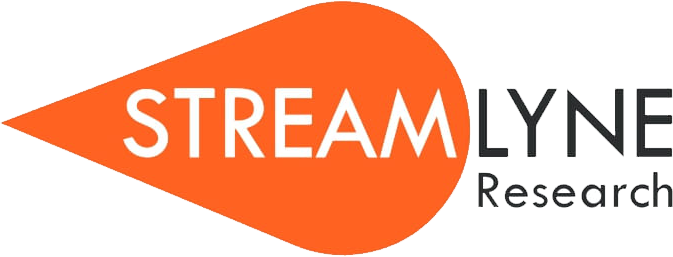This is a full-time, fixed-term position. The Research Coordinator will assist faculty with research studies. The hourly rate range for this position is $31.08 – $31.08. When extending an offer of employment, the University of Southern California considers factors such as (but not limited to) the scope and responsibilities of the position, the candidate’s work experience, education/training, key skills, internal peer equity, federal, state, and local laws, contractual stipulations, grant funding, as well as external market and organizational considerations.
Essential duties and responsibilities:
- Assists with organizing and scheduling assessments/tests/activities to meet research objectives and study protocol compliance. Communicates with study team personnel to ensure study procedures are followed and research is performed as described in protocol. Serves as contact for subjects, Institutional Review Board (IRB) and study sponsor.
- Participates in assessing patient eligibility. Assists in coordinating study participant activities including recruitment, screening, orientation and correspondence. Schedules subject appointments, tests, and procedures coordinating with external providers as needed. Produces reports and other materials, as directed.
- Assists with data collection for research studies following established data collection and management procedures. Performs preliminary study analysis under the direction of the Principal Investigator or senior coordinators. Collects pertinent information from study participants through interviews, administration of tests or surveys or questionnaires, medical records review, or other collection procedures.
- Maintains accurate, complete and timely records, including source documents, consent forms, case report forms, protocol documents, and regulatory documents, as required by sponsor and institutional guidelines.
- Assists with submission of timely, accurate, and complete study continuing review, amendments, and reportable events to IRB.
- Ensures consent process is performed and documented in compliance with FDA, GCP, IRB, HIPAA, SOPs, sponsor and institutional regulations and policies.
- Provides ongoing education to study subjects about clinical trials and provides significant new information that may affect a subject’s willingness to participated in a study.
- Assists in the preparation of site for monitor visit and external/internal audits.
- Collaborates with pharmacist or materials management personnel to maintain accurate accountability of investigational products and specimens.
- Assists with sample collection, processing and shipment for each study.
- Updates automated databases and other records for reporting and compliance purposes. Generates reports and analysis of data according to project schedules.
- Assists by arranging and attending meetings, seminars, symposia and other events related to project efforts. Participates in educational opportunities to increase knowledge about clinical trials and regulations. Remains current with federal, state, and institutional regulations and best practices.
- Completes Research Order Form (ROF) for each subject visit and submits subject enrollment documentation as required.
Performs other related duties as assigned or requested. The university reserves the right to add or change duties at any time.
Minimum Education: Bachelor’s degree, Combined experience/education as substitute for minimum education
Minimum Experience: 1 year
Minimum Field of Expertise: Administrative or research experience. Working knowledge of MS Office applications. Demonstrated effective communication and writing skills. Ability to multi-task and prioritize. Demonstrated ability to work as part of a team as well as independently.
Apply on this job post


